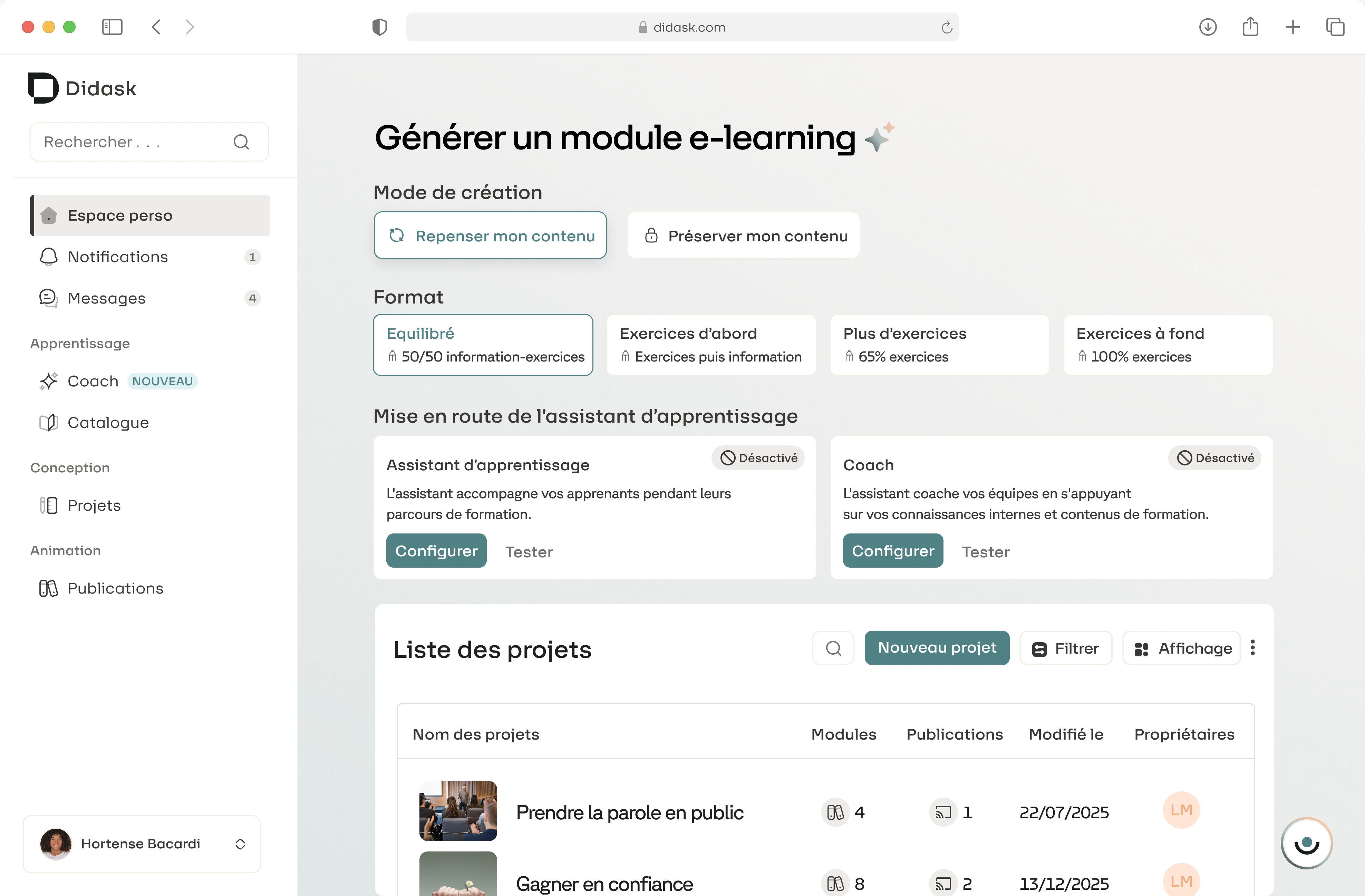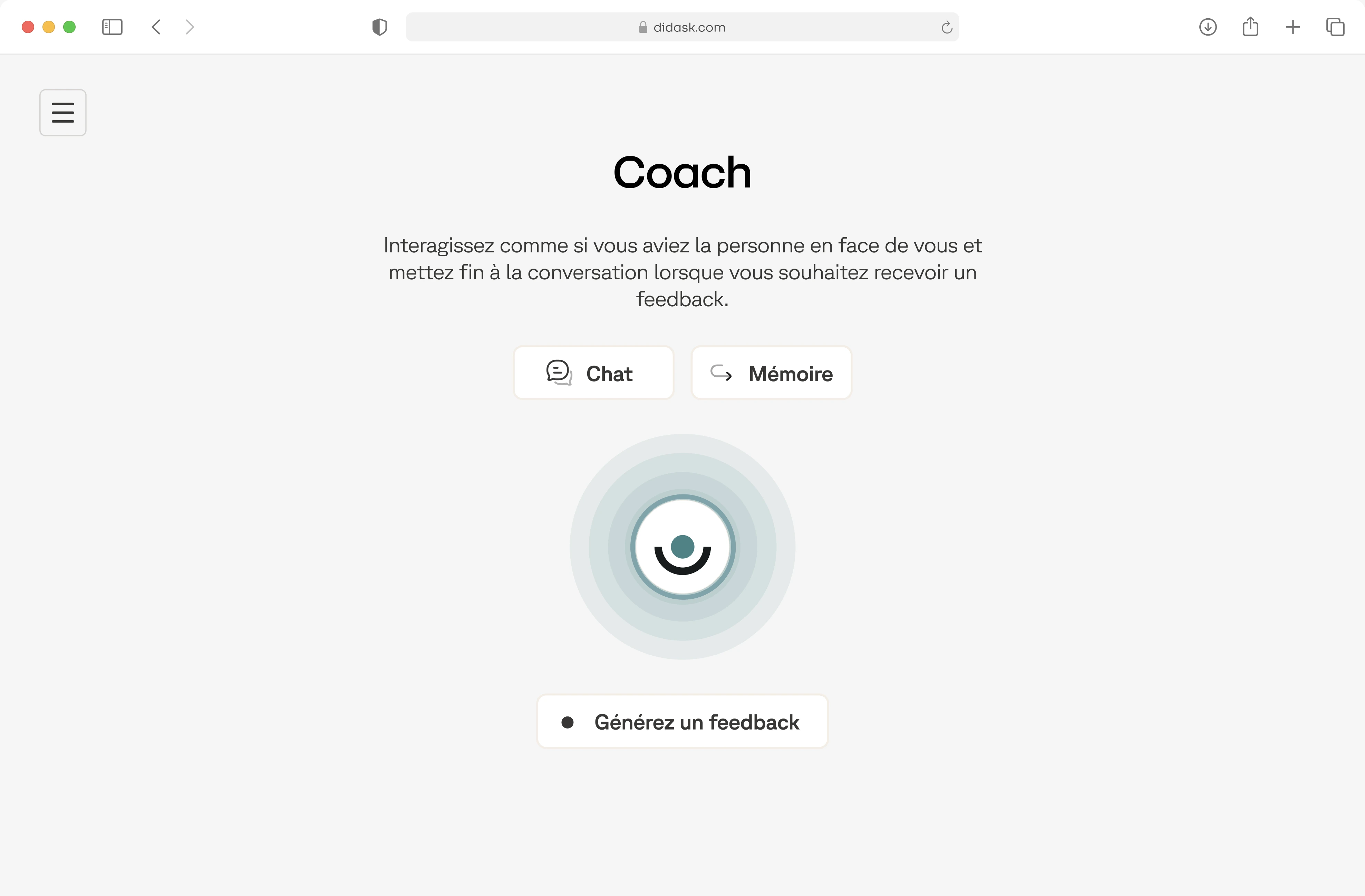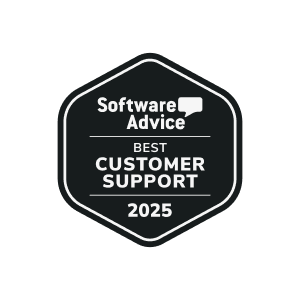The concept of competence has become central for any organization wishing to develop its human capital. However, its definition is often unclear or reduced to simplistic concepts. Cognitive science offers a richer and more nuanced perspective on what a skill really is. How do you define it precisely? What brain mechanisms allow its development?
Fundamental definition: beyond preconceived ideas about skills
Competence is more than just knowledge or ability. According to research in cognitive science and the work of Guy Le Boterf, a recognized expert in the field, it represents the demonstrated ability to effectively mobilize a range of internal and external resources in a specific professional situation.
The difference between knowledge and skill
Knowledge is theoretical knowledge, information stored in memory. Competence, on the other hand, implies the ability to use this knowledge in a real and variable context, to act in a situation in an appropriate manner.
A manager can be very familiar with leadership theory. But it is only when he can mobilize this knowledge in the face of a concrete problem, by adapting it to the specific constraints of a team, that he demonstrates real professional competence in this field.
Neuroscience shows that these two concepts mobilize different brain areas. Knowledge is primarily part of declarative memory, while a skill also involves procedural memory circuits and the activation of complex decision-making mechanisms required to complete a specific task.
The triptych of knowledge, know-how, and interpersonal skills deconstructed
The traditional model of the triptych “knowledge, know-how, interpersonal skills” has important limitations that cognitive sciences have highlighted in the definition of competence.
This approach artificially compartmentalizes what, in the brain, functions as an integrated system. Real competence does not result from the sequential addition of these three elements, but from their simultaneous and interdependent activation in a professional situation.
Concrete example: A nurse who is learning to perform an infusion does not first develop knowledge (anatomy), then know-how (technical gesture), then interpersonal skills (relationship with the patient). These three dimensions are activated simultaneously in her brain when she practices in a real situation.
Neuroscience research shows that effectively learning a skill cannot be achieved by treating these dimensions separately. Rather, it requires a holistic approach where these elements are worked on in context, in situations close to the reality of application of real work.
The different dimensions of a skill according to cognitive sciences
Understanding a competency involves examining its multiple dimensions and the brain processes that underlie it in a professional setting.
Brain mechanisms for the acquisition of a skill
The acquisition of a new skill is based on several fundamental cognitive mechanisms that allow a person to become competent:
- Neuronal plasticity : Each practice strengthens specific synaptic connections, creating neural circuits dedicated to competence.
- Working memory : It temporarily manipulates relevant information during execution. Its limited capacity explains why progressive learning is more effective than information overload.
- The recovery effort : Unlike passive rereading, the effort to remember activates neural circuits and strengthens long-term memory, as demonstrated by the work of Roediger & Karpicke.
- Automation : With practice, some aspects of the skill become automatic, freeing up cognitive resources to manage complex or novel elements of the task.
Didask's educational AI integrates these mechanisms by proposing adaptive sequences that respect the optimal cognitive load and introduce scientifically calibrated spaced recovery exercises.
Are you a company or a training organization? Discover Didask in demo!
Taxonomy and classification of skill types
Cognitive science allows us to classify competencies according to several dimensions relevant to the management of competencies in business:
- Hard Skills : technical skills related to the use of computer tools, methods or specific technologies in a field
- Soft Skills : emotional intelligence, communication, ability to work in a team, stress management
- Cognitive skills : critical thinking, analysis, problem solving, decision making
- Adaptive skills : ability to adapt to new or changing situations
- Collective competence : ability of a team to mobilize its resources to achieve a common goal
This classification is not fixed in the competency model. The same skill can belong to several categories and evolve with the context of application.
Research shows that these different types of skills are not acquired and developed in the same way. Each category requires specific pedagogical approaches to optimize learning in the context of human resources management.
Why traditional approaches to skills development often fail
Despite massive investments in training, effective skills development often remains disappointing for both the employee and the company. Cognitive science explains why.
The 5 common pitfalls of vocational training
Conventional training methods regularly fall into these major pitfalls that limit the improvement and development of skills:
- Cognitive overload : too much information kills information and prevents the assimilation of key skills
- The lack of contextualization : theoretical contents disconnected from real situations of real work
- The lack of adaptive feedback : generic corrections that do not target the specific needs of the employee
- The passivity of the learner : passive consumption of information without practical implementation
- The uniformity of the routes : same content for all without taking into account individual differences and the skills required
These problems are not trivial. They result from a lack of knowledge of the fundamental cognitive mechanisms for learning and the development of technical and behavioral skills.
The paradox of the illusion of mastery
One of the most insidious obstacles to skills development is the illusion of mastery in professional practice. This phenomenon, well documented in cognitive psychology, occurs when a person overestimates their ability to apply theoretical knowledge.
Reviewing information or passively following a presentation creates a deceptive sense of familiarity. The brain confuses this recognition with a real capacity to act and to act in a situation.
Research shows that only real situations, with the possibility of failure and constructive feedback, can break this illusion and identify the gaps that need to be filled in order to develop authentic skills that can be evaluated in professional experience.
How to effectively develop skills through cognitive science
Discoveries in cognitive science make it possible to develop learning strategies that are much more effective in developing real skills that organizations are looking for.
The optimal cognitive path for the acquisition of a skill
A learning journey aligned with cognitive principles generally follows these key steps to acquire a new skill:
- Motivation identified : understand the usefulness and relevance of competence in one's job
- Deconstructing preconceived ideas : identify and correct misconceptions
- Structured acquisition : integrate fundamental knowledge with an adapted level of cognitive load
- Deliberate practice : practice in a variety of contexts with immediate feedback
- Application in real situations : transferring competence into the professional environment
- Consolidation : frequent revisions to establish competence in a sustainable manner and to be able to act effectively
This optimized sequence respects the natural functioning of the brain and maximizes learning efficiency for better internal mobility.
Unlike traditional linear approaches, this path adapts according to the learner's responses, creating a continuous feedback loop that optimizes the development of skills in the organization.
The personalized approach based on individual cognitive challenges
Each person has a unique cognitive profile that influences how they learn. An effective skills development approach must adapt to these specificities in order to train a truly competent employee.
Individual differences can be seen in particular in:
- The level of prior knowledge
- Information processing styles (different from learning styles that are a Neuromyth)
- Working memory capacity
- The speed of cognitive processing
- Pre-existing mental biases and patterns
Didask's educational AI analyzes learning performances and behaviors to build a learning path adapted to each learner.
You are a venture Or a training organization ? Discover Didask in demo!
Measuring the real impact of a skill: beyond traditional evaluations
Traditional skills assessment suffers from numerous limitations that cognitive approaches allow to overcome, especially during a skills assessment.
The indicators of mastery of a skill that make the difference
A relevant assessment of competencies is based on multidimensional indicators for constant updating:
- Performance in a variable situation : ability to apply the skill in different contexts
- Automaticity : fluidity of execution without excessive cognitive overload
- Resilience under stress : maintaining performance in the face of pressure or distractions
- Transfer capacity : application to new situations not encountered during learning
- Evolution over time : stability of skills over time in the context of employment
These indicators, which are more complex but more relevant than simple knowledge quizzes, reflect the cognitive reality of genuine competence in the context of recruiting and evaluating staff.
Advanced assessment methods can combine simulations, scenarios, and behavioral analyses to measure these different dimensions of professional competence.
How educational AI is revolutionizing skills assessment
THEeducational artificial intelligence radically transforms our ability to assess and develop skills through specialized management software:
- It finely analyzes response patterns to identify specific strengths and weaknesses.
- It detects micro-behaviors that reveal the real level of control
- She continuously adapts the learning path according to the progress made
- It provides personalized feedback that precisely targets areas of improvement for each person able to evolve.
This approach, based on cognitive science, makes it possible to go beyond the limits of traditional evaluations to effectively measure and develop the real skills needed in the modern business.
Didask's educational AI not only assesses the end result, but also the cognitive process used to achieve it, offering a much more complete and nuanced view of competence that meets the current qualification needs of employees.
Authentic competence goes far beyond simple knowledge or isolated know-how. Cognitive science reveals its complex, dynamic and contextual nature to us. To develop it effectively, it is essential to adopt an approach that respects the brain's natural learning mechanisms and makes it possible to identify essential business skills.
La online training platform Didask relies precisely on these cognitive principles to radically transform the development of skills. Thanks to its innovative educational AI, it personalizes the learning path of each individual and maximizes the impact of training for better management of skills in your organization.











.png)